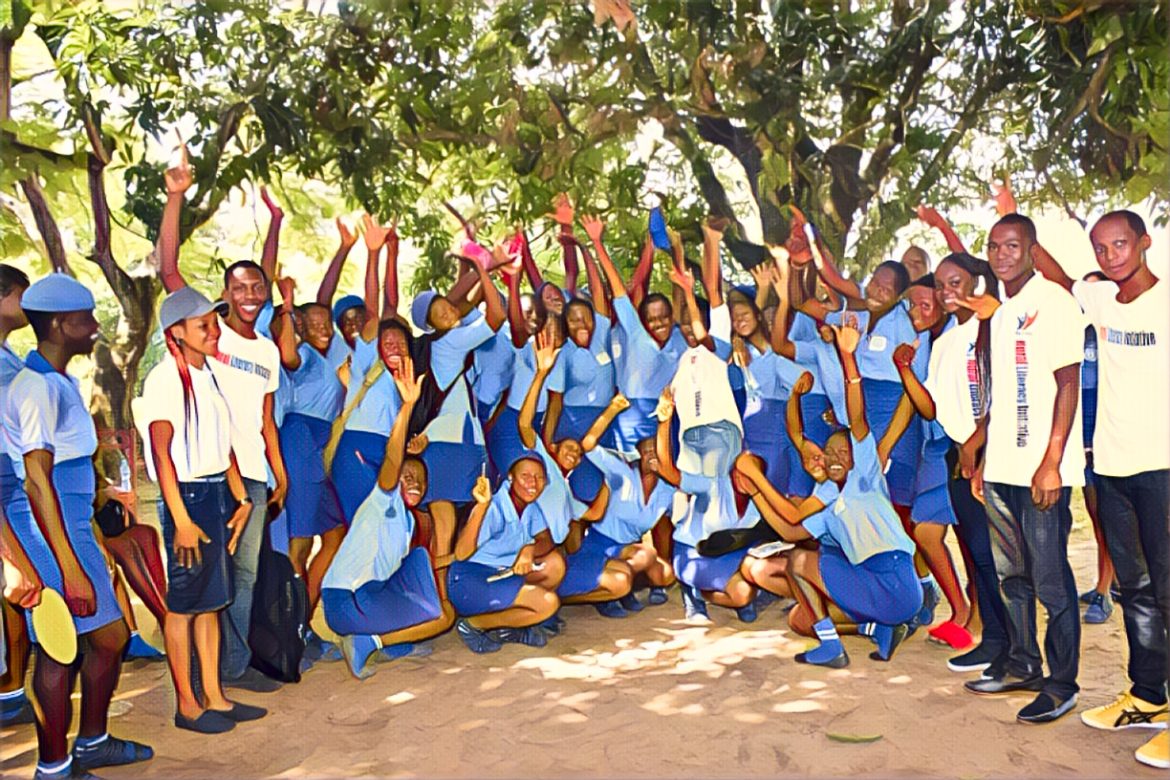KEY POINTS
- Community-based programs and libraries are vital in promoting literacy in Nigeria’s rural areas.
- Digital literacy initiatives equip rural residents with essential skills for economic development.
- NGOs play a significant role in addressing literacy challenges through targeted campaigns and support.
Literacy remains a major issue among the Nigeria’s rural dwellers especially in view of the fact that most of them lack access to quality facility and learning resources.
In order to overcome these challenges several measures have been taken in these areas so as to bring literacy and enhance the capacity of residents leading to sustainable development.
Community-based literacy programs
Community engagement plays a crucial role in promoting literacy across Nigeria’s rural regions.
Collaborative efforts between local organizations and educational institutions have led to the establishment of community libraries and literacy centers.
One example is the Adazi Nnukwu Community Library in Anambra State, which provides reading materials and educational programs tailored to the needs of rural residents.
Such initiatives offer accessible learning opportunities and foster a culture of reading within these communities, helping individuals develop foundational literacy skills and expanding educational access where formal schooling might be limited.
Digital literacy and technological integration
Integrating technology into education has proven effective in bridging the literacy gap in rural Nigeria.
Programs like the Rural Digital Literacy Project focus on equipping rural farmers with essential digital skills, enabling them to access information and markets online.
By providing training on smartphone usage and internet navigation, these initiatives empower individuals to use technology for personal and economic growth.
Digital literacy programs also open doors to information on agriculture, health, and financial management, thus enhancing the quality of life for rural residents and fostering sustainable development in these areas.
Non-Governmental organizations’ contributions
Non-governmental organizations (NGOs) have been instrumental in advancing literacy in rural Nigeria. The Stanley Jegede Foundation, for example, conducts literacy campaigns targeting underserved communities, aiming to reduce the high rate of illiteracy among rural populations.
These campaigns involve distributing educational materials, organizing reading sessions, and supporting local schools to improve educational outcomes.
NGOs play a critical role in raising awareness and mobilizing resources to address literacy challenges, bridging gaps left by limited government funding and creating pathways for lifelong learning and personal empowerment.
Notable challenges faced
However, the above positive efforts are still faced by several challenges. Clearly, the shortage of infrastructure is one of the biggest challenges; many rural schools still have no classroom, let alone, libraries, and electricity.
Lack of these structures day in day out has a negative impact on the delivery process of education to produce quality students as well as quality teachers. Effective teaching and learning require improved learning infrastructure and enhanced teaching support delivery.
Also there is a demand of more training institutions for teachers in rural areas. Lack of teachers and poor professional development implies that a vast majority of students in the rural areas receive inadequate quality education they would deserve.
The way forward
The government should invest in offering teachers with better professional development as well as offer them incentives of catering for students in these rural areas and ensure quality teaching is provided.
Measures aimed at professional growth must impact the enhancement of teachers’ qualification, all of this could raise the level of education throughout our rural areas and provide teachers with proper means for effective methodological approach to their learners.
Besides, policy implementation is also important in solving literacy difficulties in the context of rural Nigeria. It means that education policies that keep enhancing facility for rural education and adequately funding those centres will enhance stewardship of perpetuating literacy efforts.
Based on the fact that the major players in the provision of the vice are local government, schools, established education institutions and NGOs; Nigeria has the option of forming a symbiotic relationship that would effectively address the need for literacy in the rural societies.
The government must continue to encourage and receive support from the international communities so as to address some of these challenges in order to make definite progress in the aspects of literacy and rural population.


